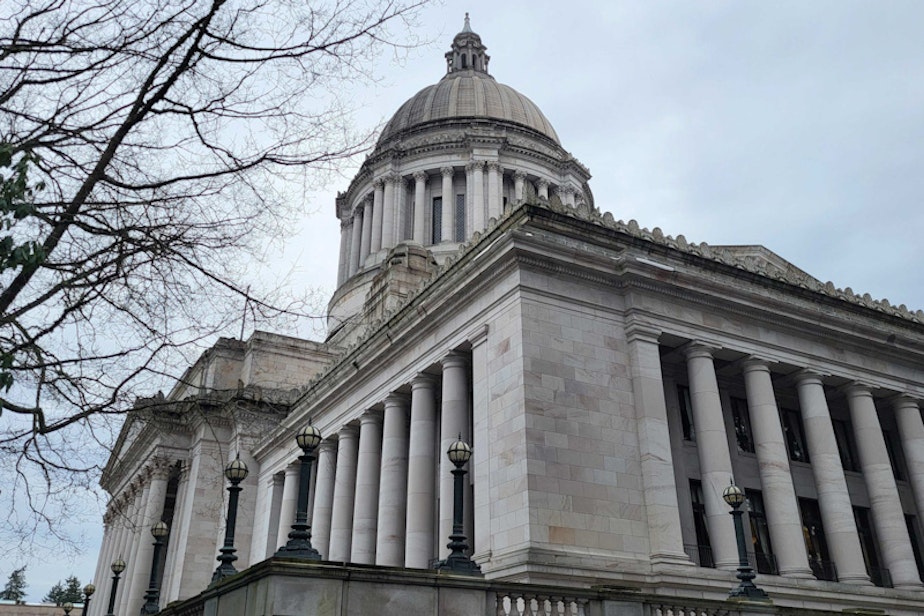Is Washington state's public records act losing its power?

Public records belong to the people. That was the argument made in 1972 that spurred the Washington Public Records Act into law, opening virtually every government document to the public.
But that law — widely considered one of the strongest public records laws in the country — is losing some of its teeth as legislators pile on more exemptions, according to a report recently published by the Washington Coalition for Open Government.
"The overarching finding is that the people's right to know is eroding in Washington state, and that this trend must be reversed," said Mike Fancher, president of the Washing Coalition for Open Government and former executive editor of the Seattle Times.
When the Public Records Act was first passed, there were only 10 exemptions for when records wouldn’t be made publicly available — mainly related to privacy. But as of last year, there are more than 650 exemption rules for public records requests, and the Washington State Legislature itself has actively worked to circumvent requests.
For decades, the legislature considered itself exempt from the Public Records Act. But the Washington Supreme Court ruled in 2019 that state lawmakers are very much subject to Washington’s public disclosure law.
Fancher said that in recent years, lawmakers have been using a practice called "legislative privilege" to withhold or redact records they've created, or in which they are named. That legislative privilege, according to the legislature, trumps the Public Records Act.
Last November a Thurston County judge ruled in favor of Washington lawmakers, saying that they have the right to withhold certain records using legislative privilege.
Attorney Jeffrey Even, who represents the state, argued that the state constitution’s Speech and Debate Clause grants lawmakers the right to withhold information that reveals “internal and nonpublic legislative deliberation.”
Fancher said the Washington Coalition for Open Government is undeterred by the ruling, and is planning to appeal the case up to Washington's Supreme Court. The group is also suing the legislature over its use of legislative privilege.
On the local level, cities — especially smaller ones — sometimes struggle with public records requests, said Candice Bock, the director of government relations at the Association of Washington Cities. Oftentimes, those records are a mix of different mediums, including paper filings, text messages, and emails. That can be a lot for a small town clerk to maintain.
The number of records requests cities receive can also be an issue, Bock said.
"One of our big concerns is those occasional individuals who really tax our system by being the ones who make repeated requests or repeated litigation," she said.
During both the 2023 and 2024 legislative sessions, the Association of Washington Cities supported a bill that would have limited when requesters could challenge records denials in court.
"We were trying to find a balance with protecting people's ability to make records requests and get those records in a timely fashion, and find a way to address those who use the act in a way that probably wasn't envisioned by those who authored it back in 1972," Bock said.
Fancher disagrees that individual requesters are the problem.
"Ultimately, the system working properly is the problem," he said. "Let's remember that these records belong to the public, not to the government. Let's fix the system so that it works properly."


